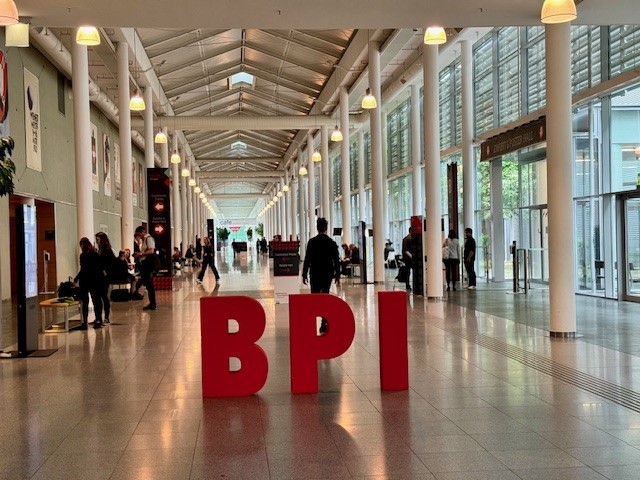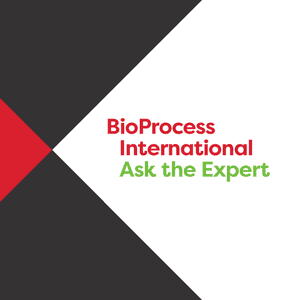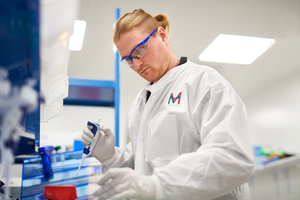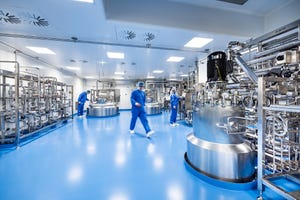
Our BioProcess Insider editorial team is at BPI Europe 2024 to bring you some of the most pertinent coverage from across the conference hall and exhibition floor here in Vienna.
Follow our coverage throughout the event, and keep abreast of the latest industry news and views all year round by signing up at www.BioProcessInsider.com
Pluripotent positives in allogeneic stem cell therapies
The use of pluripotent stem cells is gaining traction when it comes to allogeneic cell therapies, said an expert today at BPI Europe in Vienna, Austria.

Ricardo Baptista, former chief technology officer at cell therapy developer Alder Therapeutics, told delegates “The use of pluripotent stem cells is gaining traction” when it comes to allogeneic stem cell therapies.
Baptista said there are several reasons for this and listed the benefits of using pluripotent stem cells. He discussed how pluripotent cells “can be cultured in all systems”, including “2D, 3D, static and dynamic.” Additionally, Baptista said the “lines can be edited [which equates] to the concept of a universal cell line” and “theoretically an unlimited choice of cells.”
In turn, this means the therapies can be used “off-the-shelf” and “target diseases with point-of-care therapy.” Moreover, it is cell banks-based and there is the “possibility to generate ‘universal’ cells and the potential to leverage processing technologies from biopharma.”
Baptista added there is an “increased number of doses per lot” and the “costs of goods [is] spread across multiple doses,” meaning the therapies are more easily accessible to a wider patient population.
Currently all approved chimeric antigen receptor (CAR) T-cell therapies are autologous. Autologous products are made by taking, reengineering, and reintroducing a patient’s own cells. Autologous methods of treatment usually have a low risk of rejection but are not always suitable for all patients because of the limitations in the quality and availability of the individuals’ cells.
Allogeneic therapies, however, can use cells or tissues from different individuals. As these are not personalized therapies, one advantage over autologous is the relative ease to mass-produce such products and thus, increase patient access. While allogeneic treatments could potentially treat more people, it has not yet fully reached commercialization due to the risk of rejection and immunosuppressive and matching measures required.
About the Author(s)
You May Also Like







